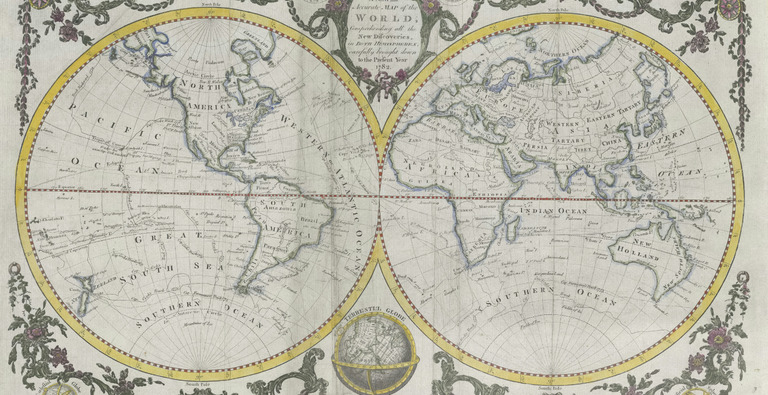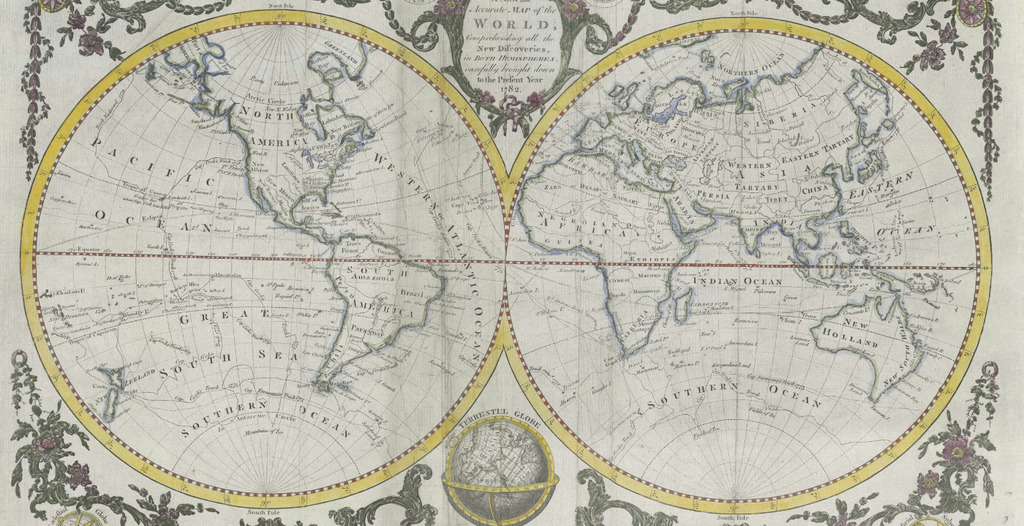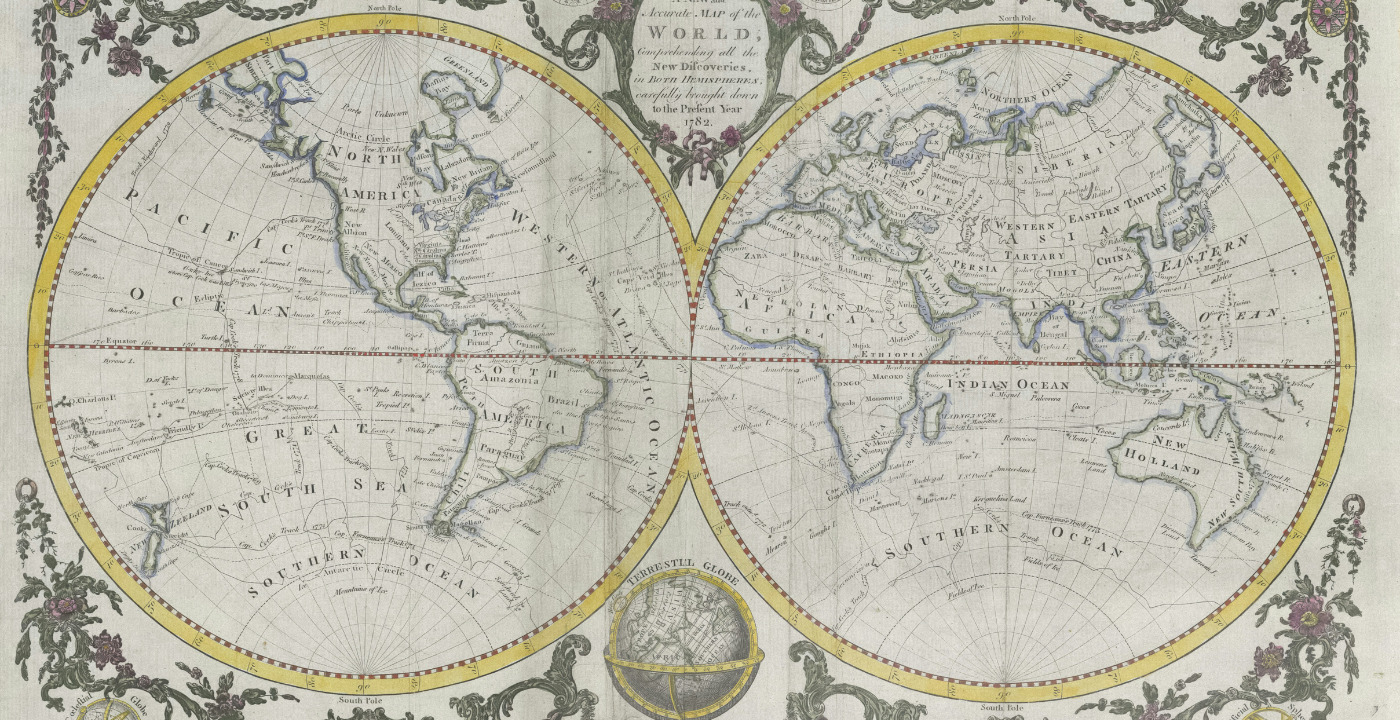Imaginations, Articulations, and Interventions from South Asian Women
Women are keen observers of the human condition. For centuries, they have engaged in contemplative, analytical, and philosophical work, yet little record of this survives. Though many wrote their responses to the world, others only spoke their thoughts, and yet intellectual traditions have often failed to record them. As a result, the histories of many societies are full of women’s presence and ideas, yet these remain invisible in mainstream historiography. The absence of women in significant intellectual and philosophical traditions is a global phenomenon. However, in certain societies it is far more pronounced. Gerda Lerner referred to this as ‘The Great Forgetting’ and ‘The Politics of Erasure.’ Indian thinkers like Uma Chakravarti, Meera Kosambi, and others have highlighted the biases, erasures, and misappropriations shaped by male-centric histories, emphasizing the need to contest and address the absence of women who have always been present but not represented.
With the goal of contesting the erasures and biases of the male-centric canon, this series presents the rich and robust South Asian feminist traditions of thinking, ideation, and–as Radha Kumar argues–‘the history of doing.’ Through various voices, thinkers, and organizations from South Asia, we intend to recover the many women and non-gendered articulations of self in society and the nation. Using previously neglected evidence and philosophical traditions–political, social, ethical, moral, and cultural–we uncover the rich universe of thought that shaped this part of the world.
Many motivations make this series imperative. Within the universe of global women's thinking, the awareness about women from the non-western world is limited. This is not because non-Western women failed to articulate their desire for an egalitarian world but because western and eurocentric frameworks have failed to recognize them. Many women thinkers, philosophers, leaders, and intellectuals from Asia, Africa, and South America have not been given the attention they deserve. By emphasizing The Politics of Presence, this series explores the many ‘lost,’ ‘marginal,’ and ‘invisible’ thinkers, leaders, and institutionalists whose ideas trace back to ancient times. Women's intellectual work–some recorded, some part of oral traditions–is as ancient as culture itself.
Women thinkers, by virtue of experimental epistemology, not only wrote about women's conditions, they addressed the full spectrum of human suffering under structures of power and oppression informed by misogyny. This series treats life as a text, engaging with and presenting the experience of individual thinkers and organizations to show the ideas and philosophies that shaped larger feminist and gendered traditions in South Asia. The sites of exploration include the literary, philosophical, political, social, economic, cultural, and civilizational areas rich with ideas and frameworks that allow us to make grounded reflections on the historical imaginations of women.
By focusing on individual, context-specific accounts, we uncover the distinctiveness and universality of women’s experiences of imperialism, colonialism, and other vectors of misogyny. We consider autonomy, rights, and dignified selfhood. Ultimately, this series positions South Asian women’s imaginations as conversational partners in the larger sisterhood and politics of emancipation. Critiquing the frameworks of knowledge production and dissemination, as Patricia Owens argues about in her work on the politics of the male-centric canon (2021), we bring to light the rich galaxy of women thinking, convening, and shaping the world through distinct vernaculars and languages.
Learn more about current and forthcoming figures in the "Feminist Foremothers of South Asia" Series
Dr. Priyanka Jha is in the Department of Political Science and Faculty of Social Sciences, in Banaras Hindu University, BHU, Varanasi, India.


